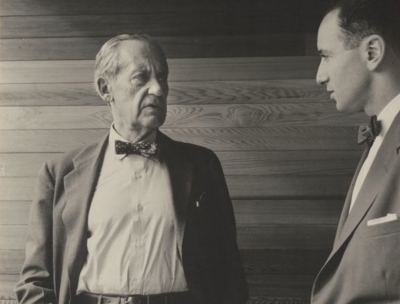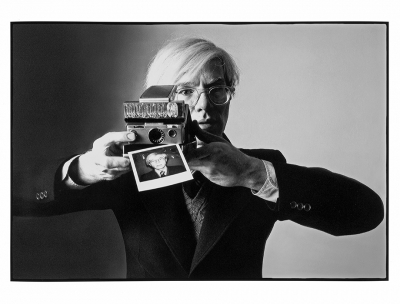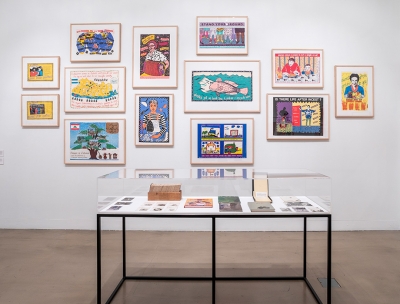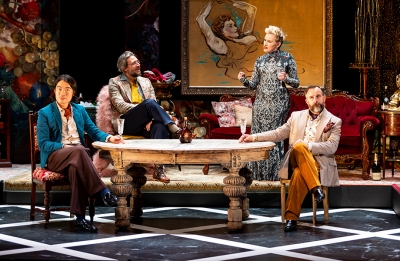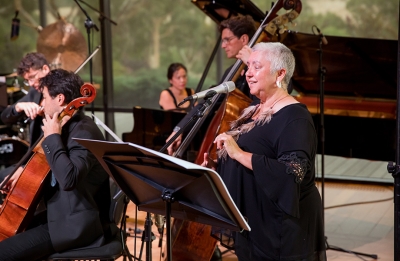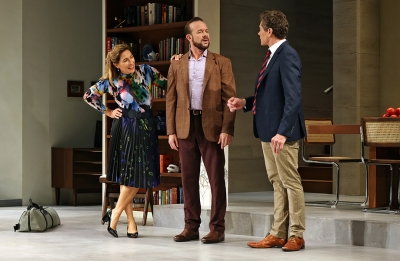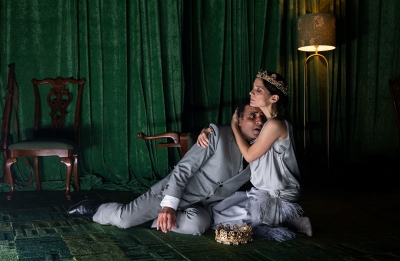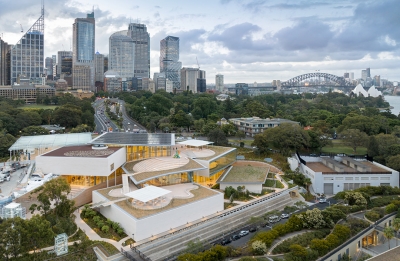Arts
Film | Theatre | Art | Opera | Music | Television | Festivals
Welcome to ABR Arts, home to some of Australia's best arts journalism. We review film, theatre, opera, music, television, art exhibitions – and more. To read ABR Arts articles in full, subscribe to ABR or take out an ABR Arts subscription. Both packages give full access to our arts reviews the moment they are published online and to our extensive arts archive.
Meanwhile, the ABR Arts e-newsletter, published every second Tuesday, will keep you up-to-date as to our recent arts reviews.
Recent reviews
The opening night of The Australian Ballet’s 2023 season, commencing with Rudolf Nureyev’s unforgettable Don Quixote, was like a joyous homecoming to all sectors of the audience, from rusted-on subscribers to some of Australia’s most gifted ballerinas, and a host of people who quickly absorbed the vitality of Marius Petipa’s 1872 ballet, which Nureyev loved. ... (read more)
Architects and architectural culture do not slot easily into cultural policy. Those in other creative fields might well say the same, but the ambiguity around the professional and artistic identity of the architect amplifies the problem. Are architects artists? Or ‘creatives’, like those in advertising and marketing? ... (read more)
Andy Warhol and Photography: A Social Media
Art Gallery of South Australia
by Patrick Flanery •
14 March 2023
Ask the average person what they picture when they hear the name ‘Andy Warhol’ and they will likely mention Campbell’s Soup Cans, Marilyn Monroe, or Elizabeth Taylor. The Art Gallery of South Australia’s exceptional new exhibition ‘Andy Warhol and Photography: A Social Media’ reminds us that such ubiquitous images of Pop Art are but one aspect of Warhol’s oeuvre. ... (read more)
Radical Utopia: An archeology of a creative city, curated by Harriet Edquist and Helen Stuckey, is a maximalist experience. Even the title itself is a little unwieldy.
... (read more)More than a century ago, long before gender-blind casting became modish, the incomparable Sarah Bernhardt (1844–1923), a woman in her fifties, had the audacious idea that she would play Hamlet. Not only would she – scandalously – don breeches to do so, but she would also defy the critical consensus that Hamlet was a man in his early thirties. ... (read more)
For anyone who encountered Compassion, the profoundly moving and beautiful song cycle by Lior and Nigel Westlake from a decade ago, the prospect of hearing another work from them was always going to arouse interest. Would their newest collaboration rise to the same magical level as their first, or perhaps even surpass it? Would it be entirely different? ... (read more)
In a tastefully designed, beautifully arranged living room, a couple are engaging in the sort of mildly erotic verbal jousting in which long and happily married couples might indulge. They are Martin Gray, a Pritzker Prize-winning architect, just turned fifty, who has been chosen to design a futuristic, two-hundred-billion-dollar World City and his, in his words, bright, resourceful, intrepid wife, Stevie. ... (read more)
There is a moment often conveyed in romantic films (and it was certainly the case with Baz Luhrmann’s Romeo and Juliet) when fresh eyes meet across a crowded room and become fixated, unable to stop ‘looking’, searching for more and more of the alchemical fire that triggered an intense magnetism. ... (read more)
In 1990, composer and artistic director Konstantin Koukias and production director Werner Ihlenfeld founded IHOS Opera in Tasmania. Audiences were excited and astonished by the scale and ambition of the director’s vision when they attended his earlier, spectacular productions such as Days and Nights of Christ, To Traverse Water, and Tesla. ... (read more)
Nearly three months have passed since the new building at the Art Gallery of New South Wales (AGNSW) opened (3 December 2022). This summer, Sydney Modern, as the new North building by Japanese architectural firm SAANA is popularly known, has been Sydney’s main attraction and topic of conversation. ... (read more)
Page 31 of 124



